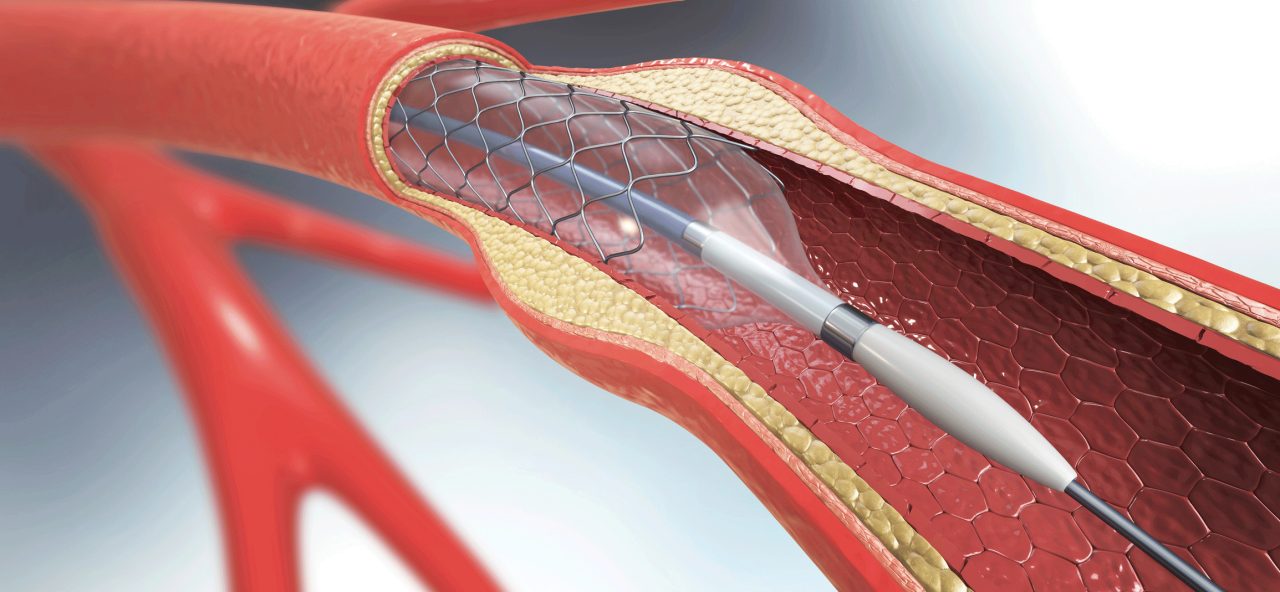What Is Coronary Artery Disease?

What is coronary artery disease? For many people, the first clue they have coronary artery disease is a heart attack. If you know the symptoms beforehand, you might be able to prevent one.
Coronary artery disease, the most common kind of heart disease among Americans, often has no symptoms before it is advanced. People get a big shock: a heart attack.
Was it out of nowhere? It might seem that way, but you know the truth. Lack of exercise, smoking, and a poor diet increase your risk. If you have a family history of heart disease, you might guess that you’re at risk, but it’s easy to put off taking action to take care of yourself.
YOU MIGHT ALSO LIKE: Symptoms of Coronary Artery Disease
What is coronary artery disease?
Coronary artery disease, also called coronary heart disease or ischemic heart disease, is caused by a waxy buildup called plaque (cholesterol deposits) along the inside of the walls of the arteries that bring blood to your heart. Over time, these arteries slowly narrow, which can partially or completely clock blood flow, a process called atherosclerosis.
What are the symptoms of coronary artery disease?
If the arteries are too narrow for blood to flow freely to the heart muscle, you eventually may have angina, or chest pain.
In a heart attack, part of the heart muscle doesn’t get blood and begins to die. Symptoms of a heart attack include chest pain, weakness, light-headedness, nausea, a cold sweat, pain in the arms or shoulder, or shortness of breath. Women especially may sometimes mistake a heart attack for a sudden bout of the flu.
Over time, the heart muscle becomes weaker, and you may develop heart failure, when your heart can’t pump enough blood to meet your needs. You may be weak and have trouble climbing stairs or carrying groceries.
What causes coronary artery disease?
Plaque builds up along the inside of the walls of the arteries that bring blood to your heart. If anyone in your family had heart disease, especially before the age of 50, you are at more risk. Being overweight and physically inactive increases your chances of coronary artery disease. So, does smoking and a junk food diet.
How is coronary artery disease diagnosed?
This chart from the Centers for Disease Control and Prevention describes the tools doctors use.
- You might start with an exercise stress test, which measures your heart rate while you walk on a treadmill.
- An electrocardiogram measures electric activity.
- An echocardiogram uses ultrasound — special sound waves — to create a picture of the heart.
- You might get a chest x-ray.
- A coronary angiogram uses x-rays to detect dye that was inserted during cardiac catheterization and shows blood flow.
- A coronary artery calcium scan uses computed tomography, or CT, to see calcium buildup and plaque within the arteries.
How is coronary artery disease treated?
You’ll receive medications to treat high cholesterol, high blood pressure, or an irregular heartbeat. You might need surgery to restore blood flow to your heart. Ideally, you’ll also fully participate in a cardiac rehabilitation program.
What is cardiac rehabilitation?
Once you have a heart attack, heart failure, or any other heart problem that requires medical care, you’ll need to change your habits to prevent further heart problems. Cardiac rehabilitation is a supervised program that helps you meet your goals. Many heart patients need help to start and maintain a safe exercise program. You may need to lose weight, change your diet, and improve your state of mind. If you smoke, you need to quit.
What diet is best for heart patients?
The American Heart Association recommends eating a variety of fruits and vegetables, whole grains, low-fat dairy products, skinless poultry and fish, nuts and legumes, and non-tropical vegetable oils. The DASH diet, specifically designed to prevent or treat heart disease, specifies how many calories you want in each category, depending on your energy needs.
Is stress a factor?
High levels of stress may make your blood pressure rise, and you may overeat, exercise less. and pick up a cigarette. Chronic stress keeps stress hormones high, affecting your overall health. Stress may impact the way blood clots, increasing the chance of a clot that can trigger a heart attack or stroke.
Updated:
December 06, 2021
Reviewed By:
Janet O’Dell, RN